Tyson
TPF Noob!
- Joined
- Nov 19, 2006
- Messages
- 652
- Reaction score
- 1
- Location
- Newark Ohio
- Website
- www.tls-photo.com
- Can others edit my Photos
- Photos NOT OK to edit
I am in need of filters, I want to shot out doors. I have a Evolt E-500( I have had it for 48 hours my first DSLRor SLR ever), I went to Cord camera and look at a polarizer dual coat? for $70. I don't want to waste any money on stuff I don't need. I am going to be traveling around takeing pictures of Covered bridges, light houses, lakes, water falls, rivers and maybe a few indoor/outdoor protraits. Most of the time I will be shooting at fire scenes and auto accidents day and night. I am a volunteer firefighter ans often times carry my camera with me ( I have a Optio S40 that stays in within arms reach when I am at a fire scene). Please Please Please give me a No BS list of filters I should have on hand. I like the look of the fussy water falls and waves, please advise.


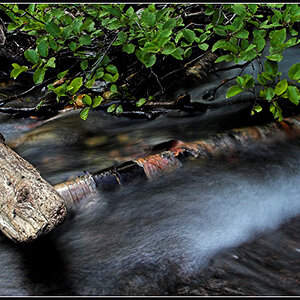
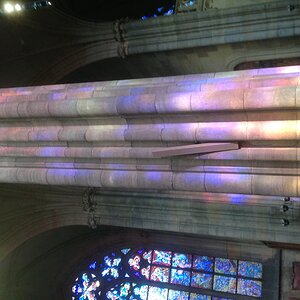
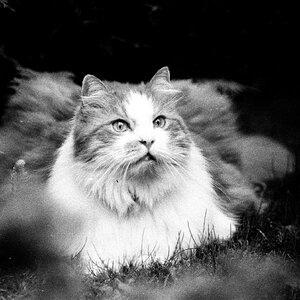
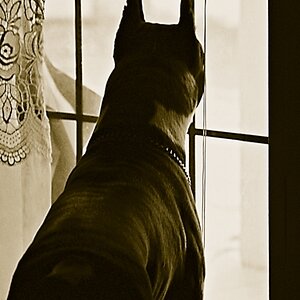
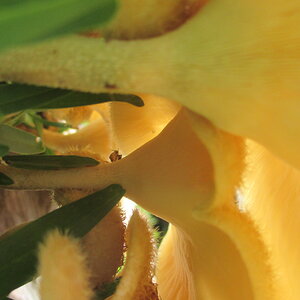
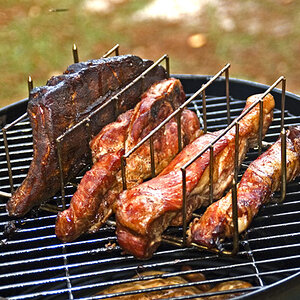
![[No title]](/data/xfmg/thumbnail/32/32700-18534997be82e5150c566a9e67a00471.jpg?1619735602)
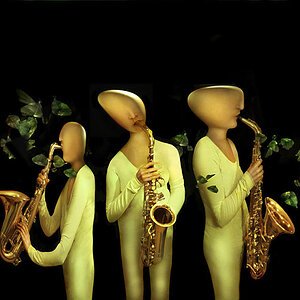
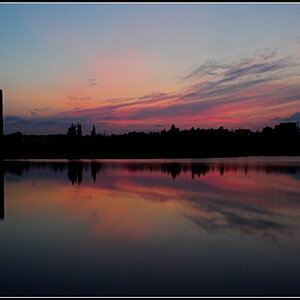
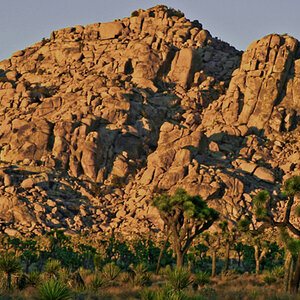
![[No title]](/data/xfmg/thumbnail/32/32699-3434a76363cb383404e00a3cd5ed5728.jpg?1619735601)